Job Reference Examples to Download
In today’s competitive job market, a well-crafted job application package is essential for standing out among the pool of applicants. A strong resume and a compelling cover letter, including job references can significantly enhance your chances of securing that coveted position. With the convenience of modern technology, there are various platforms and formats available to create and present your job references. In this article, we will explore 19+ job reference examples in popular formats like Outlook, Google Docs, Word, Apple Pages, and PDF, ensuring you have the right tools to showcase your professional qualities effectively.
1. Job Application Template
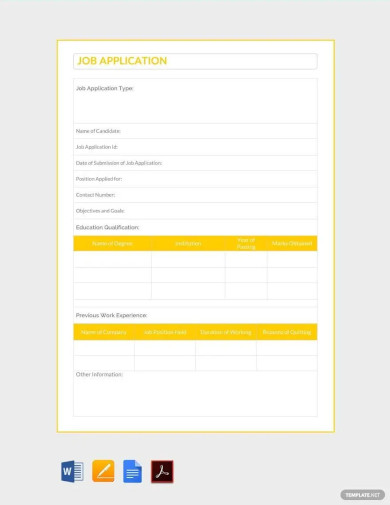
2. Resume Template
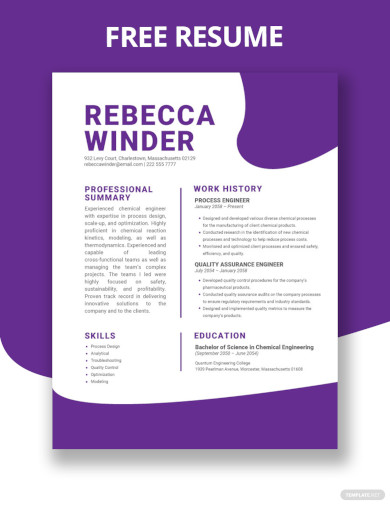
3. Request For Job Reference Letter
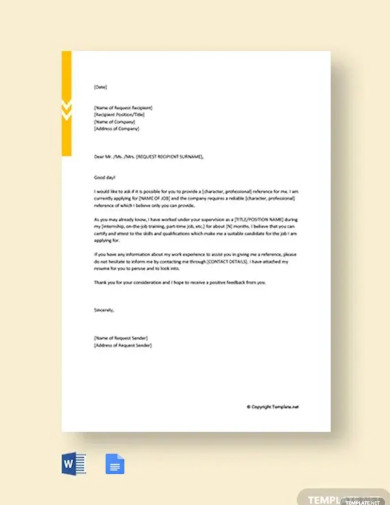
4. Personal Job Reference Letter
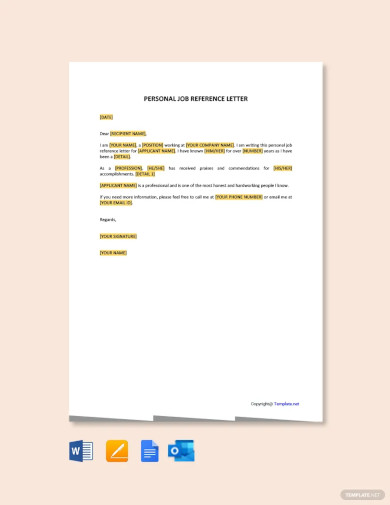
5. Job Reference Letter
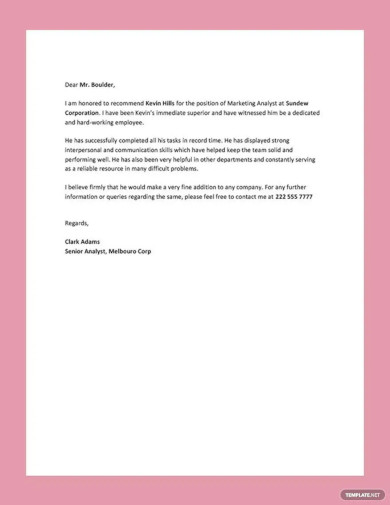
6. Employee Job Reference Example
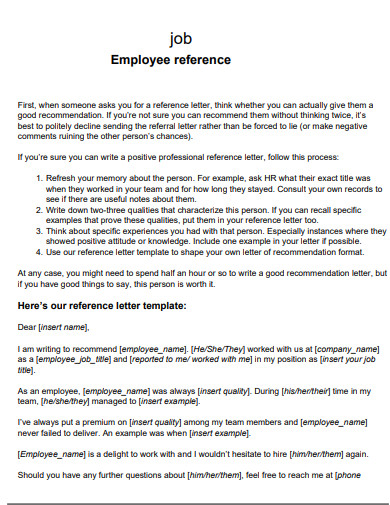
resources.workable.com
7. Job Reference Letter Example
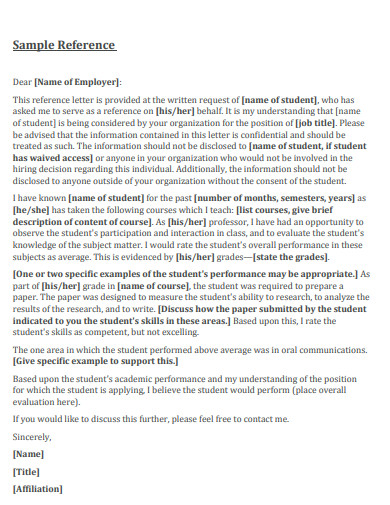
ucblueash.edu
8. Job Resume Reference Example
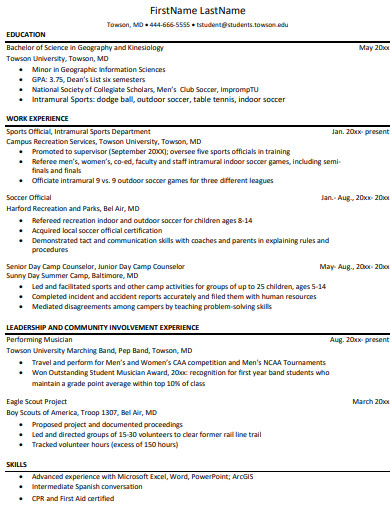
towson.edu
9. Job Reference Format
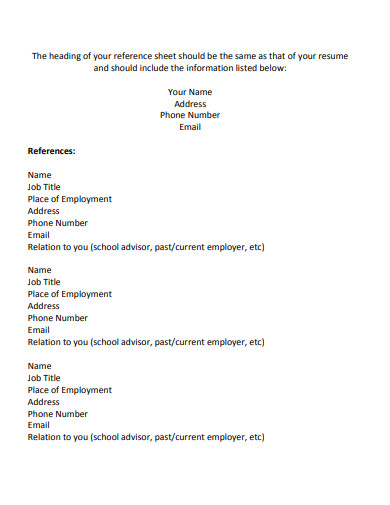
career.oregonstate.edu
10. Sample Job References Example
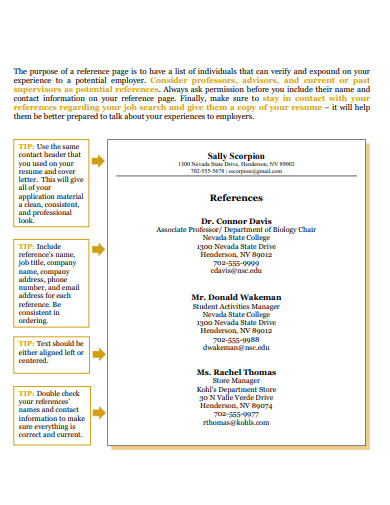
nsc.edu
11. Job Reference Cover Letter Example
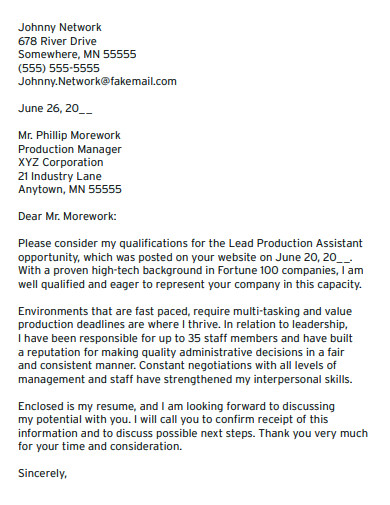
mn.gov
12. Professional Job Reference Example
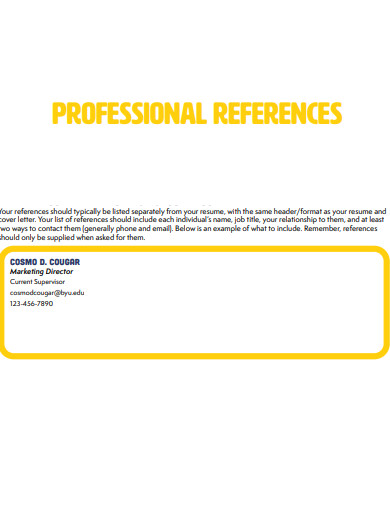
careers.byu.edu
13. Email Job Reference Example
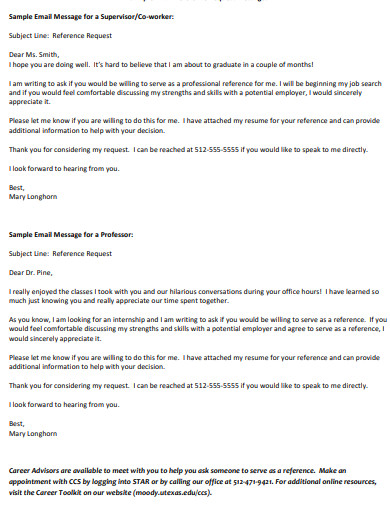
moody.utexas.edu
14. Teacher Job Reference Example
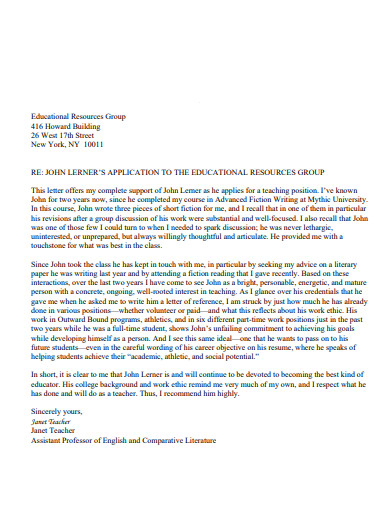
e-education.psu.edu
15. Job Recommendation And Reference
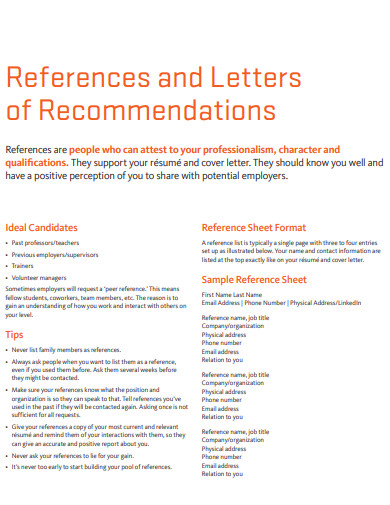
career.oregonstate.edu
16. Writing Job Reference Example
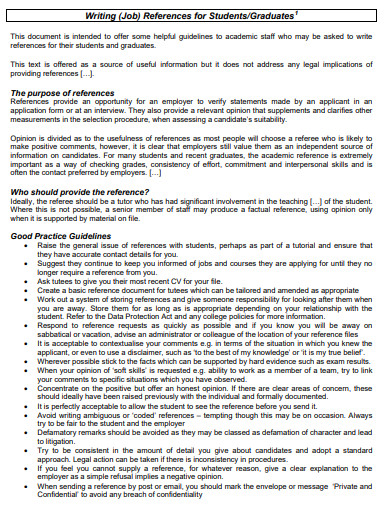
uni-potsdam.de
17. Job Reference for Friend Example
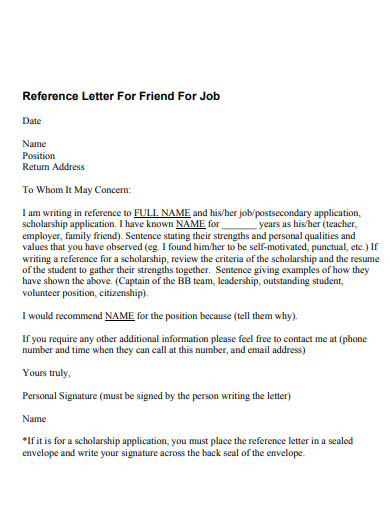
devlegalsimpli.blob.core.windows.net
18. Personal Job Reference Example
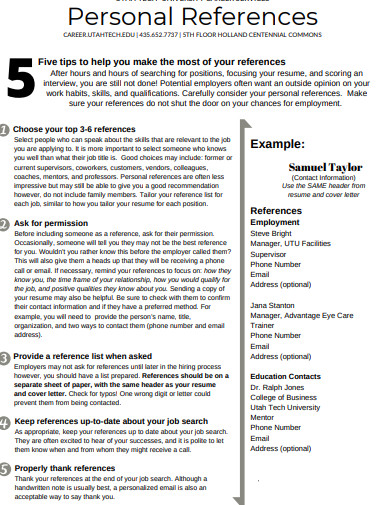
career.utahtech.edu
19. Job Work Reference Example
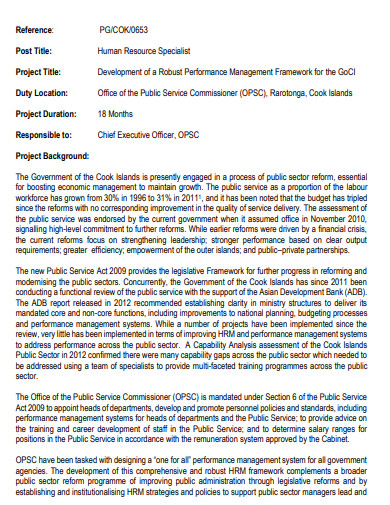
amazonaws.com
20. Job character Reference Example
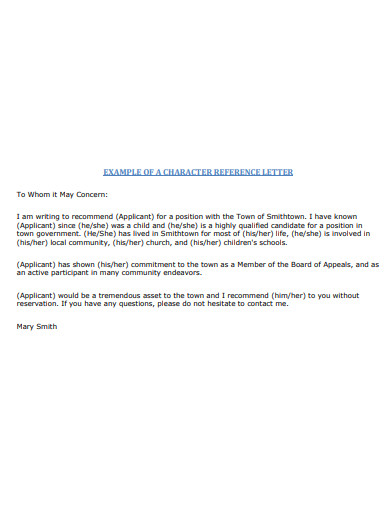
craftonhills.edu
21. Job Application Reference Example
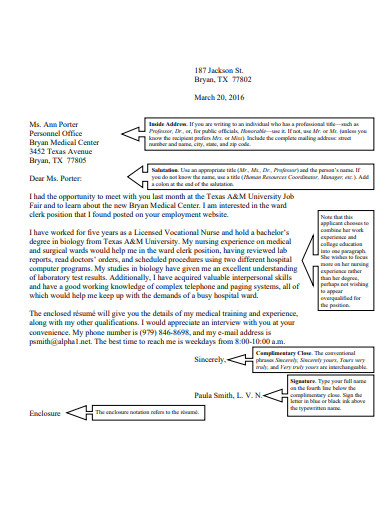
blinn.edu
22. Manager Job Reference Example

galgorm.com
23. Customer Service Job Reference
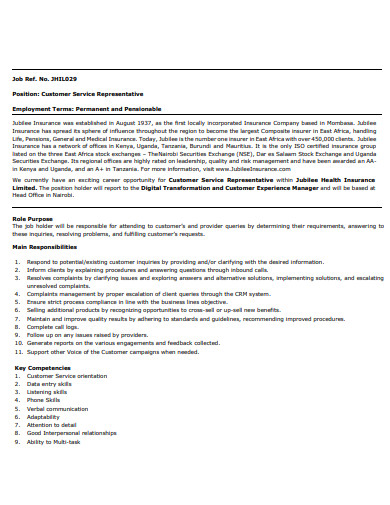
jubileeinsurance.com
24. Basic Job Reference Example
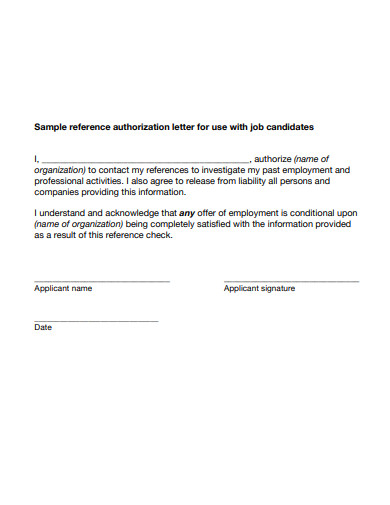
marsdd.com
25. Colleague Job Reference Example
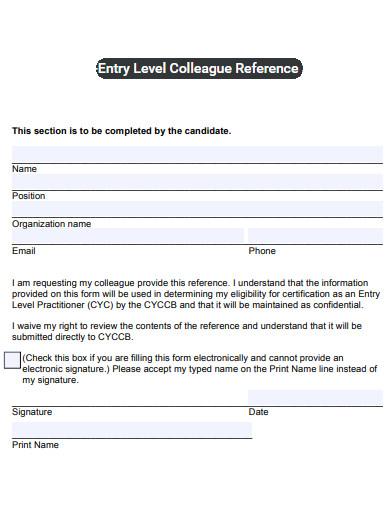
cyccb.org
26. Coworker Job Reference Example
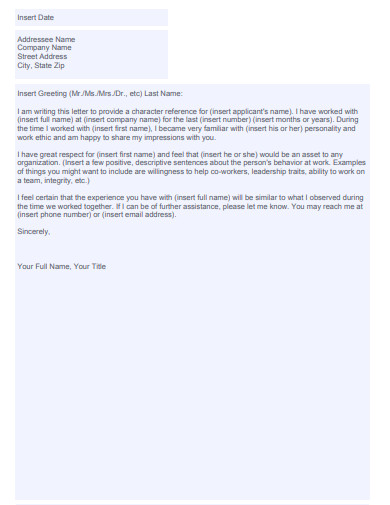
cf.ltkcdn.net
27. Positive Job Reference Example
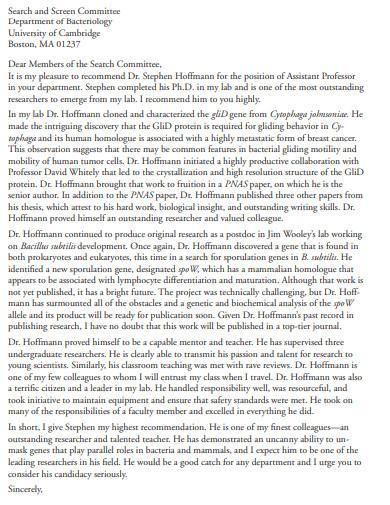
mrc-cbu.cam.ac.uk
28. Student Job Reference Example
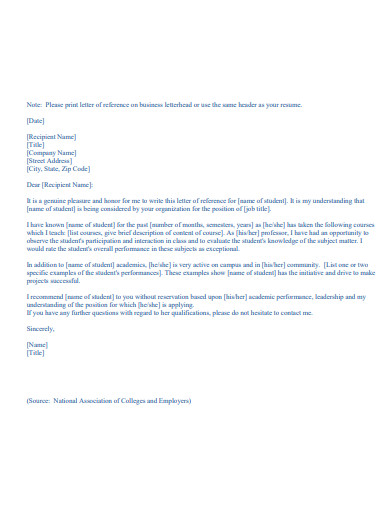
business.utulsa.edu
29. Business Job Reference Example
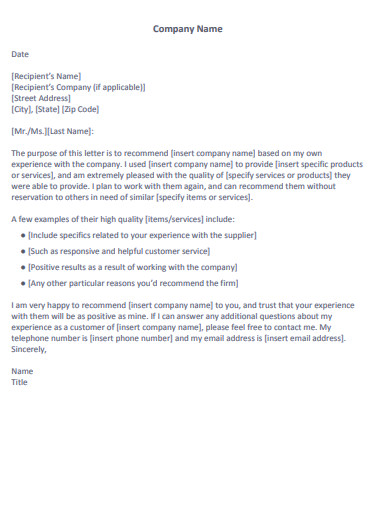
cf.ltkcdn.net
30. Previous Employer Job Reference Example
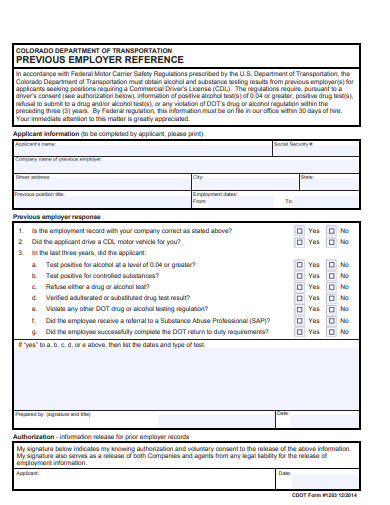
codot.gov
What is an APA Literature Review?
An APA Literature Review is a comprehensive and systematic examination of scholarly articles, books, and other sources relevant to a particular topic within the field of academia. This type of literature review follows the guidelines and formatting style provided by the American Psychological Association (APA). Its purpose is to summarize, evaluate, and synthesize existing research to provide a clear understanding of the current state of knowledge on a specific subject.
How to Write an APA Literature Review
Writing an APA Literature Review can be an intimidating task, but with the right approach, it becomes a rewarding process that contributes to your academic growth. This step-by-step guide will walk you through the essential elements of crafting an impressive APA Literature Review, enabling you to present a thorough analysis of existing research in your field.
Step 1: Select a Relevant Topic
Choosing a well-defined and specific research topic is crucial for a successful APA Literature Review. Identify an area of interest within your field that requires further exploration and ensure there is ample existing literature available to support your review.
Step 2: Conduct a Comprehensive Search
Thoroughly search academic databases, libraries, and reputable online sources to gather relevant scholarly articles, books, and research papers. Take note of key concepts, theories, methodologies, and findings that contribute to the existing knowledge on your chosen topic.
Step 3: Organize Your Findings
Create an outline or a concept map to organize your thoughts and findings. Categorize the literature based on themes, methodologies, or key arguments to provide a coherent structure for your review. This will help you identify commonalities, gaps in research, and areas that require further investigation.
FAQs
What are the characteristics of a good resume?
A good resume should be concise, well-structured, and tailored to the specific job you are applying for. It should highlight your relevant skills, experiences, and achievements, demonstrating your suitability for the position. Use bullet points to make information easily scannable and ensure your resume is error-free and visually appealing.
How do I format a letter?
When formatting a letter, include your contact information at the top, followed by the date and the recipient’s details. Begin with a formal salutation, such as “Dear [Recipient’s Name].” The body of the letter should be divided into paragraphs, each addressing a specific point concisely. Conclude with a professional closing, such as “Sincerely” or “Best regards,” and include your name and signature.
What are the strengths and weaknesses to consider when writing a cover letter?
When writing a cover letter, it is essential to highlight your strengths, such as relevant skills, experiences, and achievements that align with the job requirements. However, it is equally important to acknowledge and address any weaknesses or gaps in your application. Be honest and emphasize your willingness to learn and grow, showcasing your determination and adaptability.
Effectively presenting your job references can greatly enhance your job application package. By leveraging platforms like Outlook, Google Docs, Word, Apple Pages, and PDF, you can showcase your references in a professional and convenient manner. Remember to focus on the characteristics of a good resume, format your letters effectively, and address both your strengths and weaknesses in your cover letter. With these tools and techniques, you are well-equipped to make a lasting impression on potential employers and secure your desired position. So, check out 21+ character reference letter examples here, and click this link to explore 24+ cover letter formats for creating a great cover letter.


